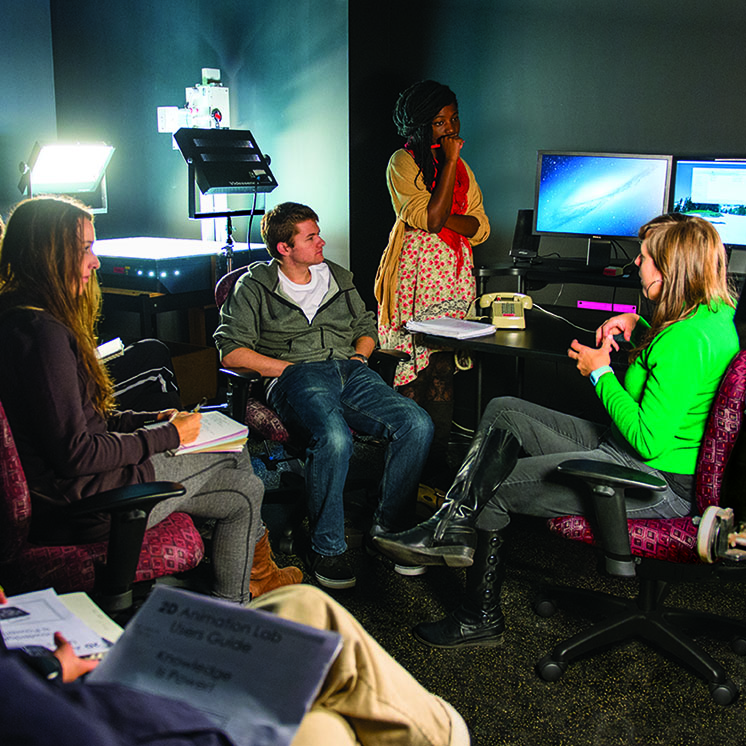Marine Life: Marine Organisms and Their Environments
Winter 2016 and Spring 2016 quarters
Taught by


Prerequisites
This program focuses on marine organisms, the sea as a habitat, the relationships between the organisms, and the physical/chemical properties of their environments and their adaptations to those environments. Students will study the biology and ecology of marine organisms and physical and chemical oceanographic concepts as they apply to those organisms. The program will offer students the opportunity to refine their field sampling skills and associated statistics and laboratory techniques. Throughout the program, students will focus on the identification of marine organisms and key aspects of the ecology of selected species and marine habitats and develop their understanding of impacts on the marine habitat as a result of the Anthropocene, the era of human influence. Physiological adaptations to diverse marine environments and the evolutionary history of the sea will be also be emphasized.
We will study physical features of marine waters, nutrients, biological productivity, and regional topics in marine science. Concepts will be applied in faculty-designed experiments and student-designed research projects both in the lab and in the field. Data analysis will be facilitated through the use of Excel spreadsheets and elementary statistics. Seminars will analyze appropriate primary literature on topics from lectures and research projects.
The faculty will facilitate identification of student research projects, which may range from studies of trace metals in local organisms and sediments to ecological investigations of local estuarine animals. Students will design their research projects during winter quarter and write a research proposal that will undergo class-wide peer review. The research projects will then be carried out during spring quarter and, at the end of spring quarter, students will document their work in written research papers and oral presentations.
Program Details
Fields of Study
Preparatory for studies or careers in
Location and Schedule
Campus location
Olympia
Schedule
Offered during: Day
Advertised schedule: First spring class meeting : Tuesday, March 29 at 9am (Sem 2 C1105)
 my.evergreen.edu
my.evergreen.edu

 Winter
Winter  Spring
Spring